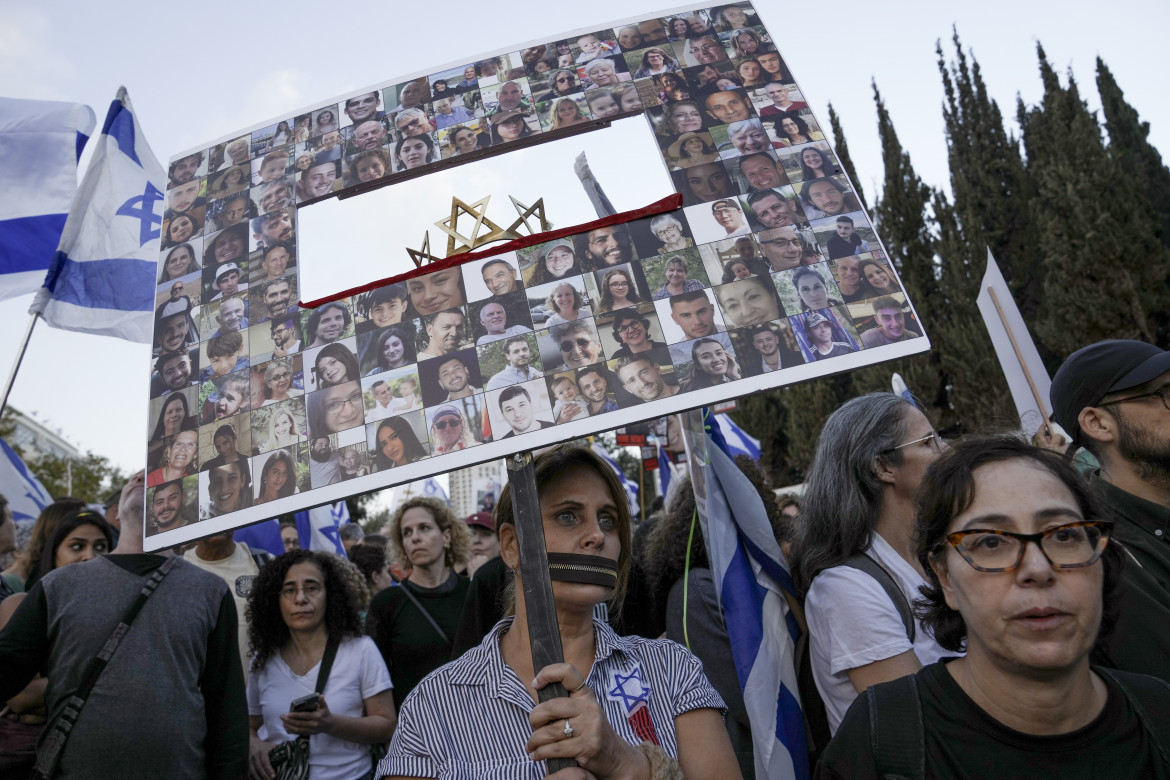Commentary
Netanyahu’s political survival and the war without end
The Prime Minister would be happy to continue this endless war. He fears that its conclusion could lead to decisive action being taken against him. And he is right to fear.

It is difficult to speculate on Israeli Prime Minister Benyamin Netanyahu’s political future. It depends on the war the Israeli government continues to wage against Gaza. The October 7 Hamas attack had powerful repercussions that cannot yet be fully assessed.
The enormous fear, the feeling of vulnerability, the obvious failure of the army that showed itself unprepared in the face of the attack, the brutality of Hamas, which was able to kill, rape, set fire to several villages, now half-destroyed, for long hours without any effective reaction, in an area that was theoretically protected by the Israeli army: all of this undoubtedly demonstrates the failure of the “great leader,” the undisputed man in charge, the statesman.
In this newspaper we have repeatedly pointed out that Hamas could afford the luxury of mini-wars with Israel, and that Netanyahu for his part was working to destroy any real possibilities for peace, in which he had no interest. A symbiotic relationship allowed both sides to keep playing a game that made them stronger.
In the days following the start of the war, Netanyahu lost much of his popularity, which was also undermined by his inaction and the large sums spent on the projects and corruption of the messianic religious coalition and the far right, together with Likud. The government seemed to no longer exist, and when some ministers dared to go visit victims in hospitals, they were kicked out by angry citizens.
Other factors came into play. During the long protests that accompanied the actions of the governing coalition for many months, serious opposition groups had formed, which after October 7 organized aid to the communities affected by the Hamas attack, while ministers from different parties and their insatiably corrupt ministries practically ceased to function.
The public came face to face with an approach to government characterized by utter apathy toward the victims, together with a point that still has central importance: Hamas removed all limits it had set for its forces, which unleashed a violent and inhumane offensive. More than 200 Israelis and several dozen foreign workers were taken to Gaza as hostages. These are not “normal” prisoners of war, but children as young as a few months old, very young people, elderly.
With the mediation of Qatar, Egypt and the United States, an initial agreement was reached that allowed the return of 85 prisoners. After it broke down, the war resumed. The relatives of those who are still hostages are now an enraged political force demanding a genuine effort for their release, even if the price to be paid is high.
The return of the prisoners would mean an end to the military operation, particularly because of the central role of the Biden government. Netanyahu is once again putting on his “great statesman” airs, but by now many understand that he is only concerned about his own political survival. He’s trying every day to get photographed with soldiers, of course taking care to choose only units without reservists, so as not to run the risk of protests and critical voices being raised.
The entry of Benny Gantz and his party into the government was a great boost to his popularity. There are no noticeable major changes in the government’s war policy, but unofficial polls reveal that if a vote were to happen now, Netanyahu’s defeat would be certain.
It is difficult to give a brief explanation of how the “poison machine” has been restored. The premier is a great artist in fomenting rivalries and conflicts among the various elements of Israeli society. Against those who make him responsible for the 1,500 deaths on the Israeli side in this war, he has already claimed that more Israelis were killed because of the Oslo Accords. It was already known in 2018 that Hamas had accumulated enormous funds and Netanyahu did nothing to block them: why is that? But in response, he’s saying that now is not the time to talk politics.
Three Israeli hostages who escaped from their captors held up a stick with a piece of white cloth, but Israeli soldiers shot and killed them, provoking furious reactions against Netanyahu’s line that he would not negotiate a possible new deal for the release of the other prisoners.
The Prime Minister would be happy to continue this endless war. He fears that its conclusion could lead to decisive action being taken against him. And he is right to fear.
Still, unfortunately, I’m not sure that a better chapter can really begin with the end of Netanyahu. Israeli pacifism has not yet awakened from under the enormous wave of hatred aroused by the October 7 attack. The temporary end of the ongoing military operations won’t lead to an Israeli withdrawal from Gaza.
Originally published at https://ilmanifesto.it/la-sopravvivenza-di-netanyahu-e-ancora-hamas on 2023-12-19
